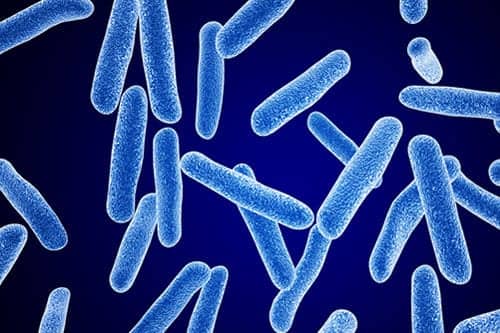A new method of testing the most common cause of life-threatening infection in people with cystic fibrosis could improve efforts to study and combat the illness.
The bacterium Pseudomonas aeruginosa is a leading contributor to hospitalizations, serious illness and early death for people with cystic fibrosis (CF). Scientists at The University of Texas at Austin have found a way to re-create conditions specific to the environment in which the bacterium spreads in the lungs of a person with CF, allowing them to identify several genes that appear to be necessary for its survival.
New Cystic Fibrosis Research Targets P. Aeruginosa










